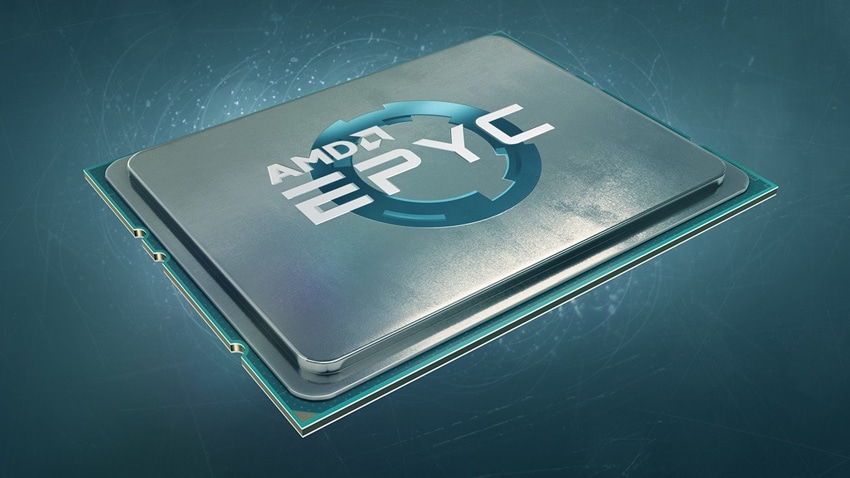During Oracle Open World 2018 in San Francisco, Oracle announced, through collaboration with AMD, a new set of instances. Oracle and AMD will provide a new “E” series of compute instances on Oracle Cloud Infrastructure. The new instances leverage AMD’s EPYC CPUs to bring higher core count, memory bandwidth, I/O bandwidth, advanced security features, and value. The first instance available is the Compute Standard E2 platform.

All technology is in a state of constant evolution, including computing. As the technology evolves so do customer needs and requirements. At the forefront of these needs is price and performance. With this in mind, Oracle and AMD have rolled out the E Series of instances, making Oracle first public cloud to have a generally available AMD EPYC processor-based compute instance. Leveraging EPYC CPUs gives Oracle the largest core count in production for a public cloud at 64 cores. The E Series offers a third more memory lanes, up to 269Gb/s memory bandwidth, and the lowest cost for a non-burstable compute instance in the public cloud.
Key Use Cases
- AMD EPYC-based instances are ideal for general-purpose workloads where users want to maximize price performance. On low-level CPU benchmarks, namely SPEC_int and SPEC_FP, the AMD instance performs on par with the comparable x86 instance, at a lower cost.
- Oracle applications, including E-Business Suite, JD Edwards, and PeopleSoft, are supported on any Oracle Cloud Infrastructure x86 compute instances of appropriate size, including AMD EPYC-based instances.
- AMD EPYC-based instances are ideally suited for Big Data analytics workloads that rely on higher core counts and are hungry for memory bandwidth. AMD has a partnership with, and is certified to run software from, leading ISVs who are a part of the Hadoop ecosystem, including Cloudera, Hortonworks, MapR, and Transwarp. On a 10-TB full TeraSort benchmark, including TeraGen, TeraSort and TeraValidate, the AMD system demonstrated a 40 percent reduction in cost per OCPU compared to the other x86 alternatives with only a very slight increase in run times.
- AMD EPYC-based instances are also ideally suited to certain high-performance computing (HPC) workloads that rely on memory bandwidth, like computational fluid dynamics (CFD). On a 4-node, 14M cell Fluent CFD simulation of an aircraft wing, the AMD EPYC-based instance demonstrated a 30 percent reduction in cost along with a slight reduction in overall run times as compared to an x86 alternative.
Availability and Pricing
The Compute Standard E2 platform in generally available now and has a rate of $0.03 per core hour. Initial capacity is available in the Ashburn (IAD) region, expanding to other regions soon. Oracle is offering bare metal compute instances and 1-, 2-, 4-, and 8-core VM compute instances with the 16- and 24-core shapes tp be offered in the first half of 2019.




 Amazon
Amazon